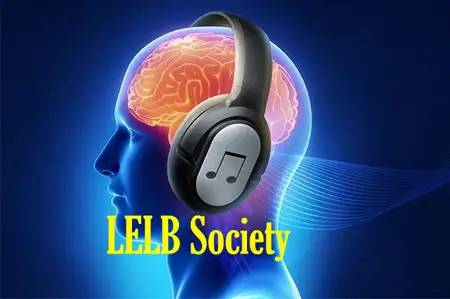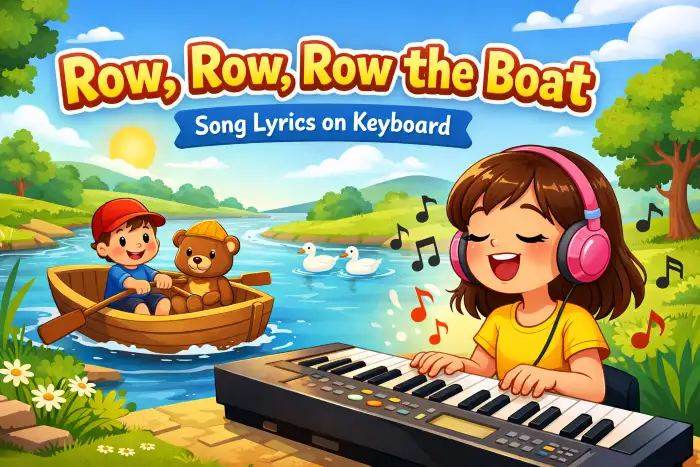Music IELTS Listening Reading Practice Music IELTS Listening Reading Practice IELTS Reading Practice Source: https://www.hopkinsmedicine.org/health/healthy_aging/healthy_mind/keep-your-brain-young-with-music Keep Your Brain Young with Music Music can be medicine for your mind, with benefits from memory improvement to stress relief. Learn what Johns Hopkins experts are discovering—and how you can put it to use. If you want to firm up your body, head to the gym. If you want to exercise your brain, listen to music. “There are few things that stimulate the brain the way music does,” says one Johns Hopkins otolaryngologist. “If you want to keep your brain engaged throughout the aging process, listening ...
Home » Listening Practice in English » Music IELTS Listening Reading Practice

Music IELTS Listening Reading Practice
Updated: by Dr. Mohammad Hossein Hariri Asl
Time to Read: 4 minutes | 336 Views | 19 Comments on Music IELTS Listening Reading Practice
Share This Post
About the Author
Dr. Mohammad Hossein Hariri Asl is an English and Persian instructor, educator, researcher, inventor, published author, blogger, SEO expert, website developer, entrepreneur, and the creator of LELB Society. He's got a PhD in TEFL (Teaching English as a Foreign Language).
Number of Posts: 4243



7. What are the health benefits of playing an instrument for our brain and body?
Playing an instrument offers numerous health benefits for the brain and body, including enhanced cognitive skills, improved brain plasticity, stress reduction, increased creativity, better coordination, and fine motor skills development. It also promotes good posture, improves lung capacity for wind and brass instrument players, builds endurance, and provides a sense of achievement and emotional well-being.
6. What are the benefits of picking up an instrument at any age?
Picking up an instrument at any age offers numerous benefits, such as enhancing cognitive function, reducing stress, fostering creativity, and improving coordination and motor skills. It also boosts emotional well-being, provides a sense of achievement, and encourages social interaction.
What does playing musik do to your brain?
Corrections:
music
4. What are the skills in which musicians overtake others?
Musicians often excel in skills such as enhanced cognitive abilities, including improved memory, attention to detail, and analytical thinking. They also display superior coordination and fine motor skills, thanks to the precise movements required in playing instruments.
3. What is Corpus Callosum responsible for?
It connects both hemispheres.
Precisely.
2. Does playing music improve our IQ?
Correction:
It’s better to say: your IQ
Researchers founded playing an instrument just one hour a week for a few months could increase your IQ by 7 points or more.
Corrections:
Researchers have found / have found out that …
Thanks a lot.
You’re welcome. Anytime!
Which kind of music does narrator recommend to listening ,familiar music from lång time ago or New musik?
Corrections:
1. It’s better to say: which genre of music
2. the narrator
3. long time